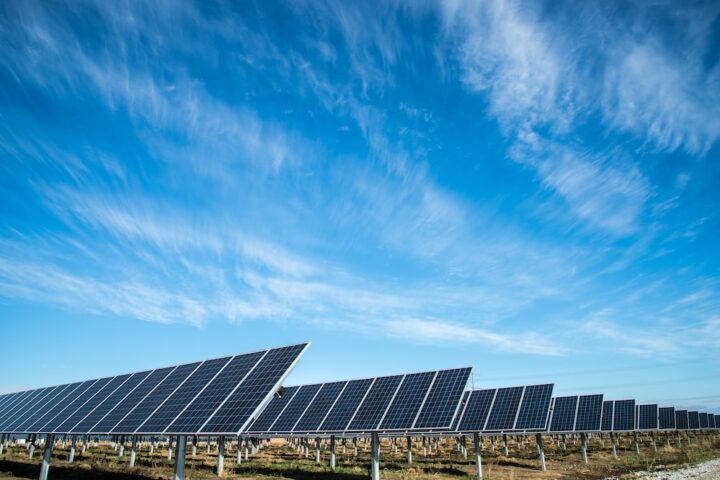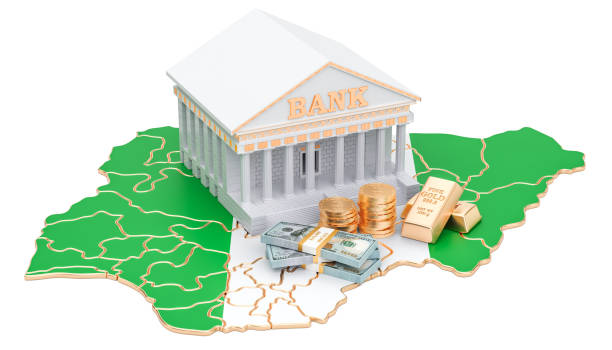The World Bank has disclosed that it costs more to move goods locally in Nigerian than in the United States of America, stating that the cost of moving goods (per unit distance) domestically in Nigeria is about 5.3 times higher than in the United States of America.
The Bank made this known in the Global Facility to Decarbonise Transport report newly published on its website.
Join our WhatsApp ChannelThe report that reducing the cost of moving goods through enhancing the effectiveness of transport networks and services is crucial to resuscitating global trade.
According to it, “Despite the increased globalisation of production and trade, the world today is still far from being a single integrated economy.
“Landlocked developing countries, accounting for about one-fifth of the world’s nations, face higher transport costs than coastal countries.”
Meanwhile, Primebusiness.africa previously reported that Nigeria was among 23 hunger hotspots where conflict, economic repercussions of COVID-19 and climate crisis are expected to drive higher levels of acute food insecurity in the next months.
This was revealed in a new report by UN’s Food and Agriculture Organization (FAO) and World Food Programme (WFP).
The report said efforts to fight a global surge in acute food insecurity are being stymied in several countries by fighting and blockades that cut off life-saving aid to families on the brink of famine.
It noted that bureaucratic obstacles as well as a lack of funding also hamper the two UN agencies’ efforts to provide emergency food assistance and enable farmers to plant at scale and at the right time.
As acute food insecurity continues to increase in scale and severity, the 23 hotspots that are of grave concern are: Afghanistan; Angola; Central African Republic; Central America (Guatemala, Honduras, Nicaragua); Central Sahel (Burkina Faso, Mali and the Niger); Chad; Colombia; Democratic Republic of the Congo; Democratic People’s Republic of Korea; Ethiopia; Haiti; Kenya; Lebanon; Madagascar; Mozambique; Myanmar; Nigeria; Sierra Leone together with Liberia; Somalia; South Sudan; the Sudan; Syria; and Yemen.

















Follow Us